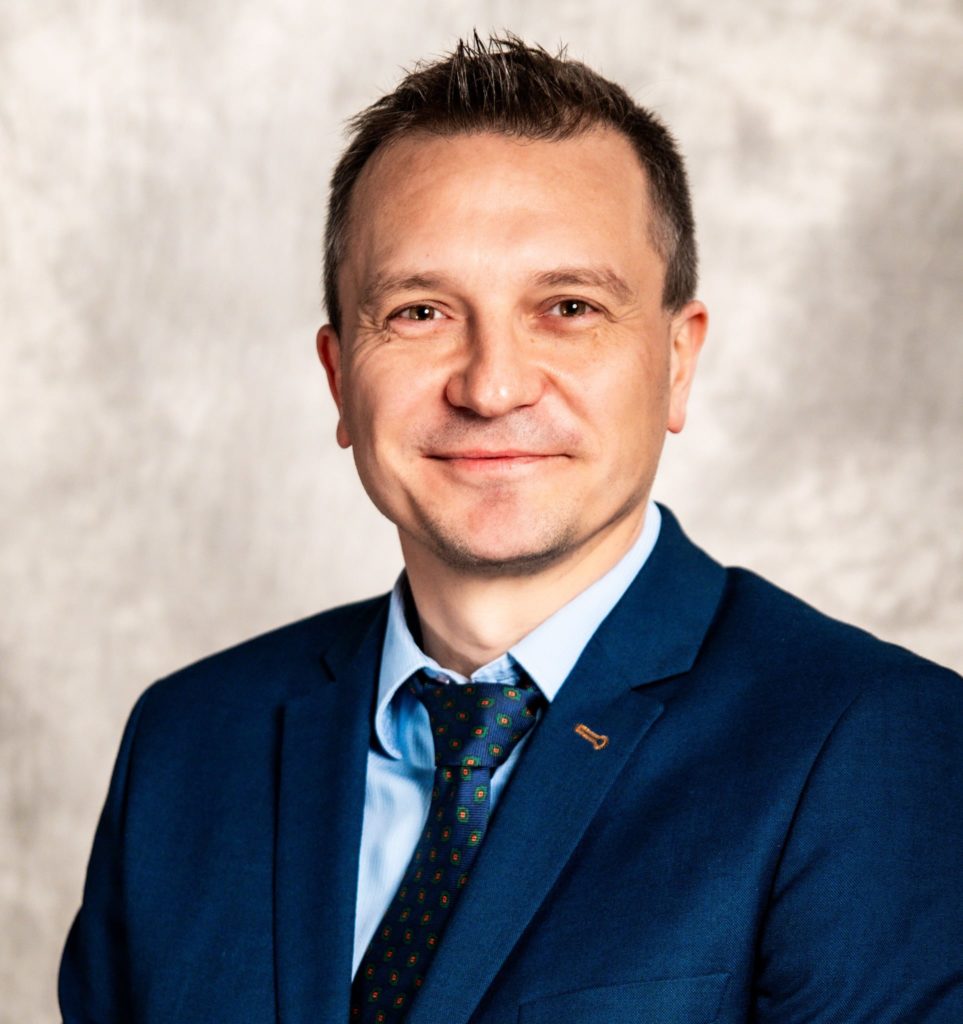The Organizing Committee of Biosystems Engineering conference is delighted to present our new keynote speaker Professor Marcin Butlewski.

Marcin Butlewski is a Professor at the Faculty of Engineering Management at Poznan University of Technology, Poland. He earned his PhD in 2008 in the field of machine design and operation, with a dissertation on ergonomic design and selection of non-mechanized hand tools. He currently serves as Dean of Faculty of Engineering Management.
Dr. Butlewski specializes in industrial ergonomics, ergonomic and inclusive design, and gerontechnology. His research addresses the humanization of work and the allocation of responsibility in human-machine systems across various levels of automation. His work enhances human capacity in perception, decision-making, and task execution.
Since 2006, he has led and coordinated dozens of industrial projects assessing ergonomic conditions on production lines, many of which resulted in workplace improvement strategies. Between 2014 and 2017, he was responsible for implementing a major national R&D project on fatigue management systems in underground coal mines. He is the author or co-author of over 100 scientific articles, book chapters, and five monographs. He also holds one patent and three utility models aimed at improving workplace efficiency.
In 2014, Dr. Butlewski was certified as a European Ergonomist. Since 2015, he has served on the Polish Committee for Standardization in the field of Machine Safety and Ergonomics. He is an active member of scientific bodies under the Polish Academy of Sciences, contributing to commissions on Machine Construction, Ergonomics, and Social Integration and Rehabilitation.
Beyond his academic and professional work, he is committed to advancing inclusive and universal design practices, especially for people with disabilities and aging populations.
Topic of his keynot speech is: Humanizing Work through Ergonomics: Design, Responsibility, and Inclusive Innovation for Aging Populations.
In the context of an ageing global population, the future of work must be reimagined to embrace inclusivity, dignity, and adaptability. As the number of older individuals in the workforce steadily increases, the limitations of traditional ergonomic and organizational models become increasingly apparent. This presentation highlights the pressing need to humanize work and organizations by integrating ergonomics with a responsible design philosophy—placing human diversity and evolving capabilities at the core of innovation. Rather than categorizing people by fixed abilities or age, the concept of Dynamic Diversity is reintroduced to capture the fluctuating and situational nature of human functioning over time. Ergonomics is reframed as a bridge between technology and humanity—not by compensating for older adults’ limitations, but by creating intuitive, adaptable systems that support their continued participation in work and society. Contemporary trends such as Industry 5.0—with its emphasis on human-machine collaboration, customization, and sustainability—are highlighted as both a challenge and an opportunity. They demand that designers move beyond efficiency and automation, and instead embrace ethical responsibility, empathy, and user engagement as core design values. Human-centered design must become a participatory process, addressing not only the functional, but also the emotional and social dimensions of aging. In this approach, workplace agility becomes a foundational element of human-centered organizations—those that prioritize empathy, shared purpose, and the evolving needs of individuals across the lifespan. Rather than focusing solely on efficiency or productivity, such organizations embed ergonomics into their core values, fostering environments where inclusivity, psychological safety, and co-creation are the norm. By aligning technological advancement with social responsibility and ethical design, human-centered organizations enable people of all ages and abilities to contribute meaningfully, feel valued, and flourish in both work and society.